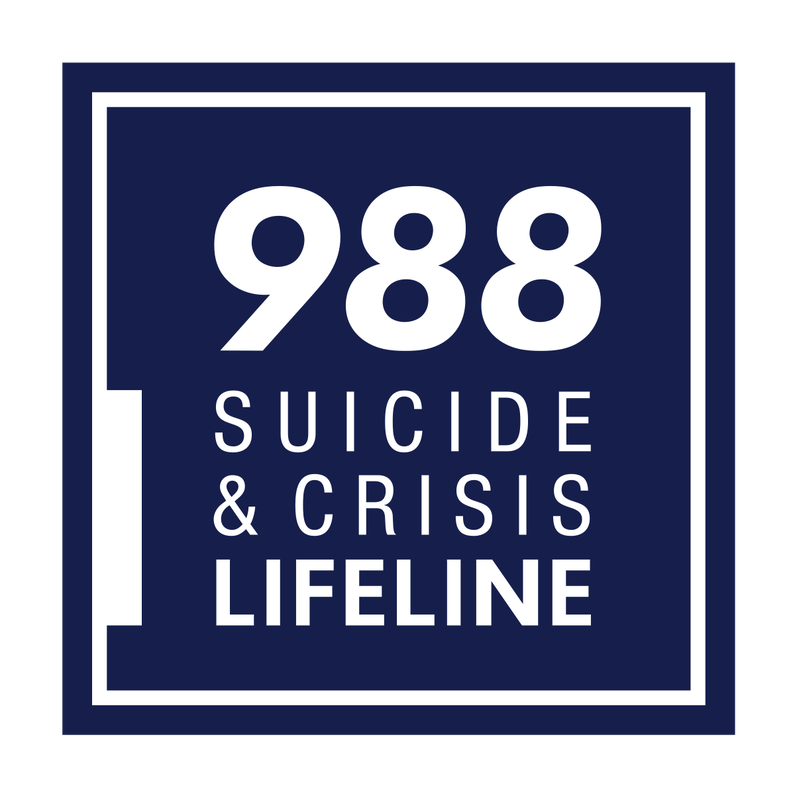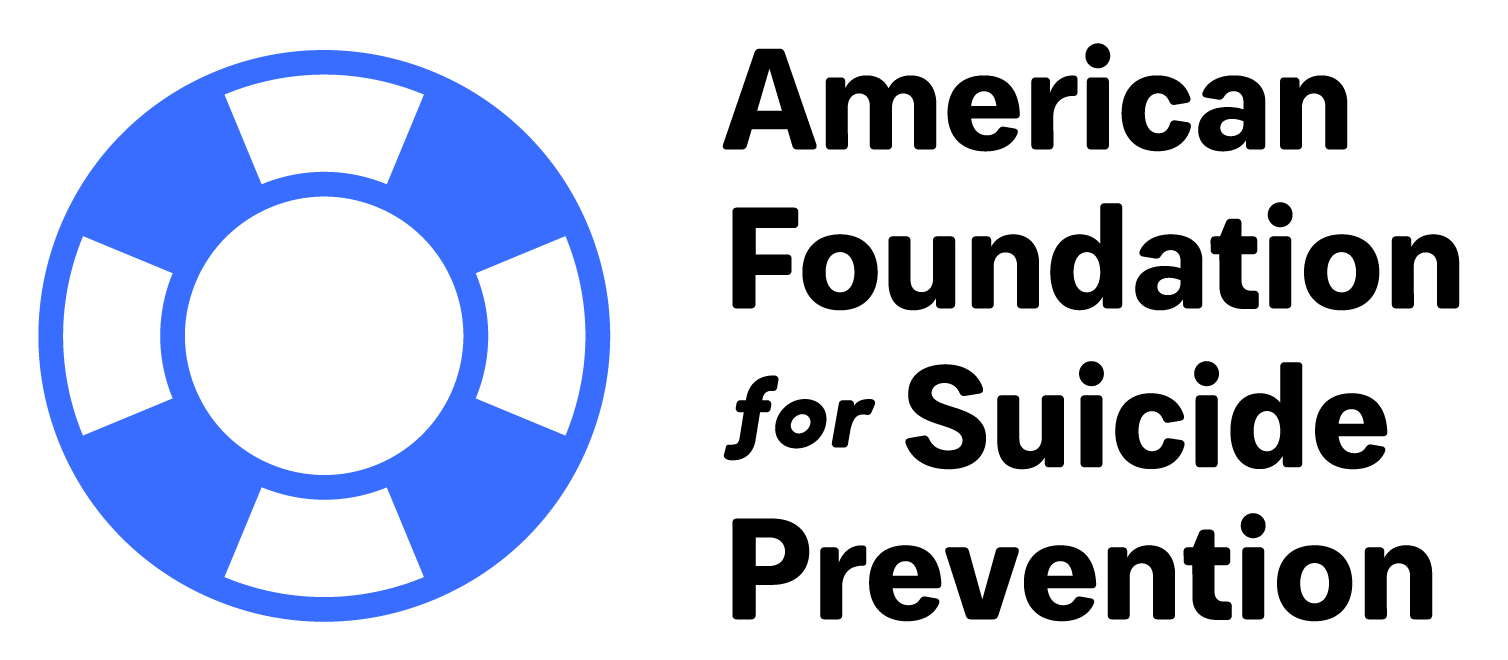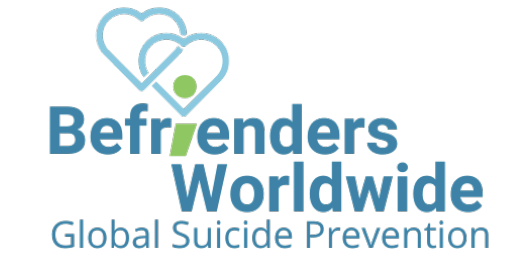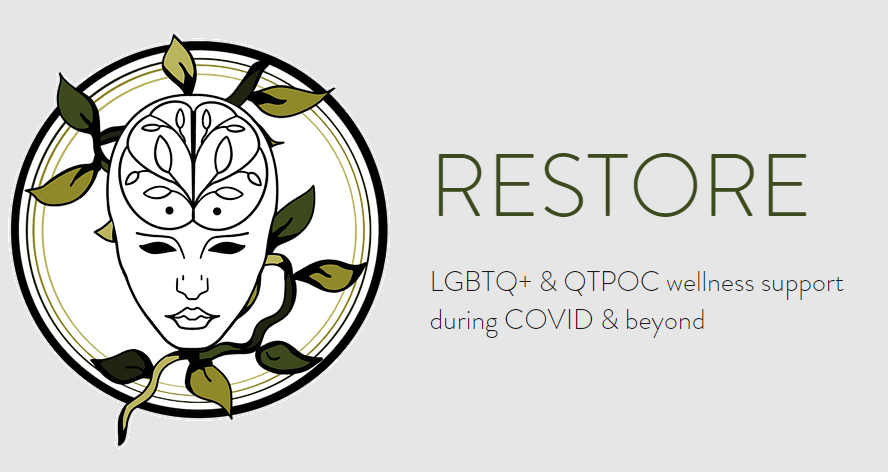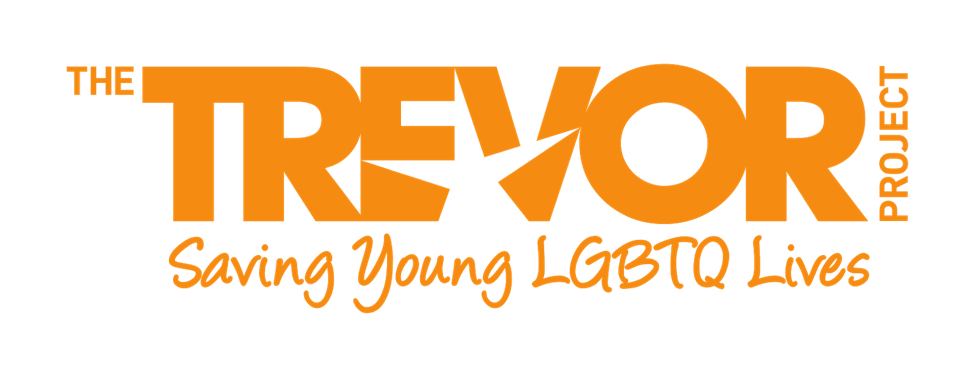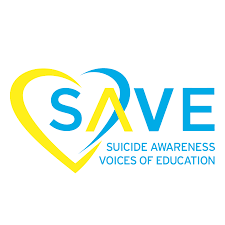Learn the signs, facts, and how you can help prevent suicide.LGBTQIA+ people experience disproportionally high rates of anxiety, depression, and other risk factors that lead to suicide - especially in rural and isolated communities like Southern Illinois.
🚨🚨🚨 If you or someone you know is considering suicide or self-harm, please go to our hotlines section and speak with a professional. Relevant crisis hotlines include:
|
What are the warning signs?
Learning the warning signs of suicide plays a huge part in preventing crises in those around you. Connecting the dots and recognizing the signs can make the difference whether someone will get professional support. Warning signs can vary from person to person, so it is vital to know if one person's "normal" is another person's crisis.
- Hopeless comments [ex. "Nothing really matters," "I just want to end it all"]
- New sleep problems, like insomnia, sleeping too much, or not being to stay asleep
- New preoccupation/obsession with death [ex. being overtly and suddenly fascinated with music, art, or poetry with morbid themes]
- School and/or work problems [ex. Trouble with keeping grades up or keeping up with tasks]
- Excessive use of drugs and/or alcohol
- Dramatic changes in behavior or personality
- Recent loss (or threat of loss) of a loved one
- Lack of planning for the future
- Giving away important personal possessions
- Sudden changes in mood, especially from depression to cheerfulness
- Specific plans like when, where, and how an attempt will be made
- General signs/symptoms of depression
What should I do?If a loved one is in crisis, you should seek professional help immediately such as dialing 988. Some behaviors that may indicate an emergency or crisis include...
If a loved one is not in crisis but exhibits general risk factors of suicide or depression, you should...
|





